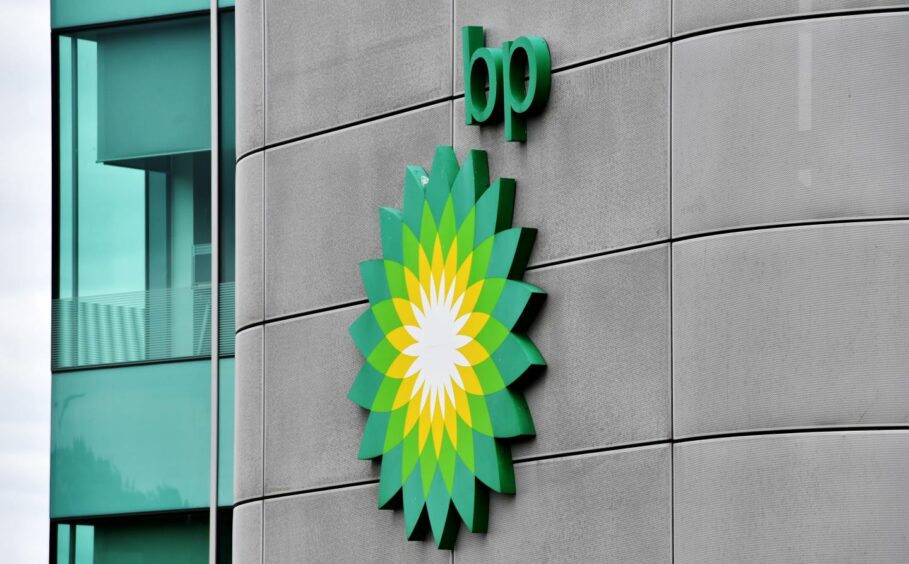
Bosses at BP will likely be nervously eyeing the headlines that fellow energy giants Shell and Centrica generated last week as they prepare to present their own set of bumper profits.
The oil giant is expected to have made far more than twice of what it pocketed in profit a year ago.
It comes as bosses at Centrica and Shell were branded “money-grabbing” on one front page on Friday. “Profits in misery,” another said.
The businesses both combed in big profit increases as they benefited from higher prices for oil and gas around the world.
The amount that Shell was able to sell its gas for more than tripled in the last year from $4.31 to $13.85 per thousand standard cubic feet.
Undoubtedly some of this will rub off on BP, one of Shell’s big rivals, though just how much, and how much anger it stokes, remains to be seen.
The answers will come on Tuesday.
Analysts expect underlying replacement cost profit – a measure that BP likes to use – to reach $6.8 billion (£5.6 billion) for the second quarter. It would be an increase from $2.8 billion in the same period a year ago.
“BP will continue to reap the reward of elevated oil prices in the second quarter with healthy profits expected this time round,” said Hargreaves Lansdown equity analyst Laura Hoy.
“Capital expenditure in oil and gas is on the decline as BP marches forward with its transition to renewables.
“The recent Windfall Tax imposed by the UK government is still looming over the industry.
“But given that projects within the industry take years – or even decades – to set up, it should have little impact on the group’s investment plans. Still, any update from management on potential implications will be welcomed.
“Aggressive spending on lower carbon assets means this will also be an area of focus for investors.
“These yet unproven projects could become a cash furnace to oil profits, so any update on BP’s aims to generate returns of 8-10% in this part of the business could move the needle.”
She said investors will also be looking for extra information on BP’s exit from Russia. It has decided to sell off its 20% stake in Rosneft, which the company jointly owned with the Kremlin.
But it could be easier said than done. “Eager buyers are not expected to emerge any time soon,” Ms Hoy said.
“That means continuous write-downs are anticipated as the value of this asset declines.”
Recommended for you
